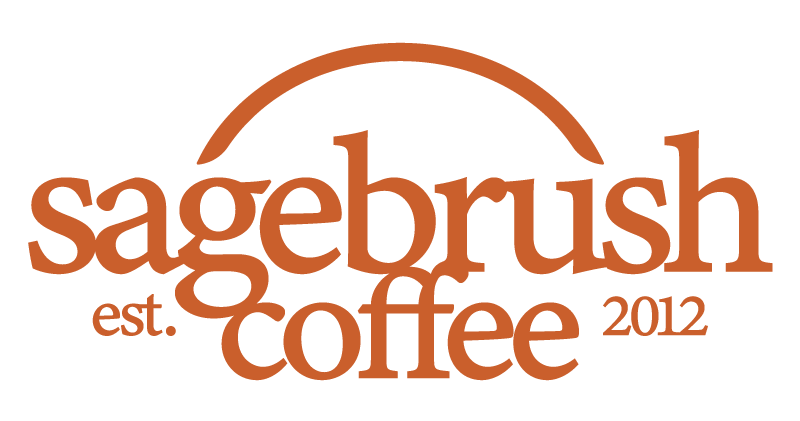Coffee Co-Fermentations | We Don’t Know How We Feel…
There is a new trend in the coffee world that is gaining a lot of press. If you’re in the industry, you’ve seen it for several years. If you’re a regular at 4th-wave coffee shops, you may have as well. However, it is just becoming a mainstream concept. It is a coffee co-fermentation. Let me start by telling you a little bit of what that means. Then I’ll share my interactions with producers about it. Finally, I’ll share my thoughts on the whole idea.
Coffee processing is something you hear us talk about a lot at Sagebrush. The main processes are washed, natural, and honey. We also have anaerobic fermentations and it goes from there. In fact we’ve written several articles about these and have linked them in this article. When I was in Colombia the process they used for washed coffees was to put the cherries in tanks with water and let them soak for a couple of days prior to washing. This is an anaerobic process, but not a traditional fermentation. Similar to putting the coffee in float tanks in other countries. A co-fermentation resembles this process, but while they soak, there is an added item to the tank to affect flavor. I’ve cupped grape co-ferments that taste like a grape popsicle. I’ve had strawberry ones that are super sweet with an understated strawberry note. In fact, I’ve tried a bunch of these and each tends to have a unique profile that sometimes in very unexpected. It’s more fruity than a dry process, but somehow seems less natural. They aren’t flavored, but they’re about as close to that as you can get.
As I’ve traveled to origin more, I’ve learned something that was surprising and makes total sense. All washed coffees are not the same, nor are naturals or honeys. Think about it, we’re talking about coffee producers in remote mountains of Guatemala where Spanish is their second language. They’re not going to Brazil to see how they process their coffees. These are learned either through interactions with neighbors, exporters, or maybe sending a family member to college to grow their knowledge. I think the co-fermentation trend was born out of some of these conversations. Someone tried it, sold it at a premium and then tried it again. When I was in Costa Rica last year, one of my contacts there said that he didn’t like the trend. He said that the co-ferments only have an appeal to a few percent of the total customer-base. However, producers see these selling for double the normal price and they invest heavily in it and may see none of their crop sold. He said he encourages a 90% washed or honey, 5-7% naturals and only a few percent special processes. This gives them room for upside, but way less risk. It’s a trend and he wants to encourage producers to avoid putting all of their eggs in this basket.
Personally, I feel like we’re getting too close to flavored coffee. We’re losing some of the nuance intrinsic to the beans that create the flavor profile of each individual coffee. I’m not sure how different this is than aerobics, so there is a line here that will be crossed and maybe it’s good or maybe it’s just playing with something great. But I’ve noticed an evolution in coffee enthusiasts that I have lived out in my life as well. You start by loving great fresh roasted coffee. Then you try a natural process from an origin like Ethiopia and are blown away by the flavor profile. You notice the blueberries in a way you didn’t know you could, so you chase that. Then someone introduces a honey and you’re like, “Wow! That coffee is so sweet.” Then an anaerobic hits your favorite coffee shop and you’re like, “What? I didn’t know coffee could taste like that.” Then someone brings you a competition grade washed coffee (like our Best Cup Bella Luz) and you reset and see something different in it. It becomes your favorite coffee ever and you’re over the naturals and anaerobics and just want that coffee over and over again. So where do co-ferments fall? Probably in that let’s drink something unexpected and see what can be done with coffee, but I hope they don’t replace or cause producers to change those amazing washed coffees.
What do you think? Have you had a co-fermentation coffee? I bought a small batch of a very cool one to see what people think of it. This one is lemonade and coconut, the coconut really comes through and adds a unique mouthfeel, but doesn’t overwhelm like some of the co-ferments I’ve cupped.


